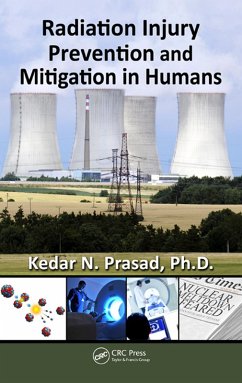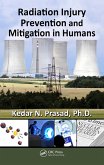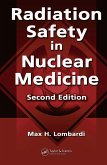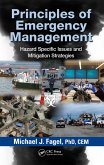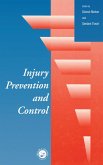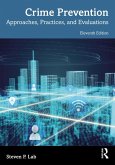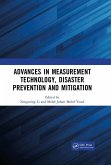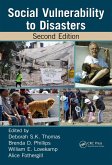Nuclear bomb explosions by terrorists as well as unintentional nuclear disasters remain possibilities as long as nations around the world have nuclear arsenals. At present, there are no strategies to provide biological protection before and/or after radiation exposure. This book identifies and examines nontoxic and cost-effective agents that could be effective in preventing and mitigating acute radiation damage before and after exposure. The text discusses physical and biological protection strategies for first responders at risk. It covers the full range of potential sources of radiation and includes an up-to-date list of helpful resources.
Dieser Download kann aus rechtlichen Gründen nur mit Rechnungsadresse in A, B, BG, CY, CZ, D, DK, EW, E, FIN, F, GR, HR, H, IRL, I, LT, L, LR, M, NL, PL, P, R, S, SLO, SK ausgeliefert werden.

